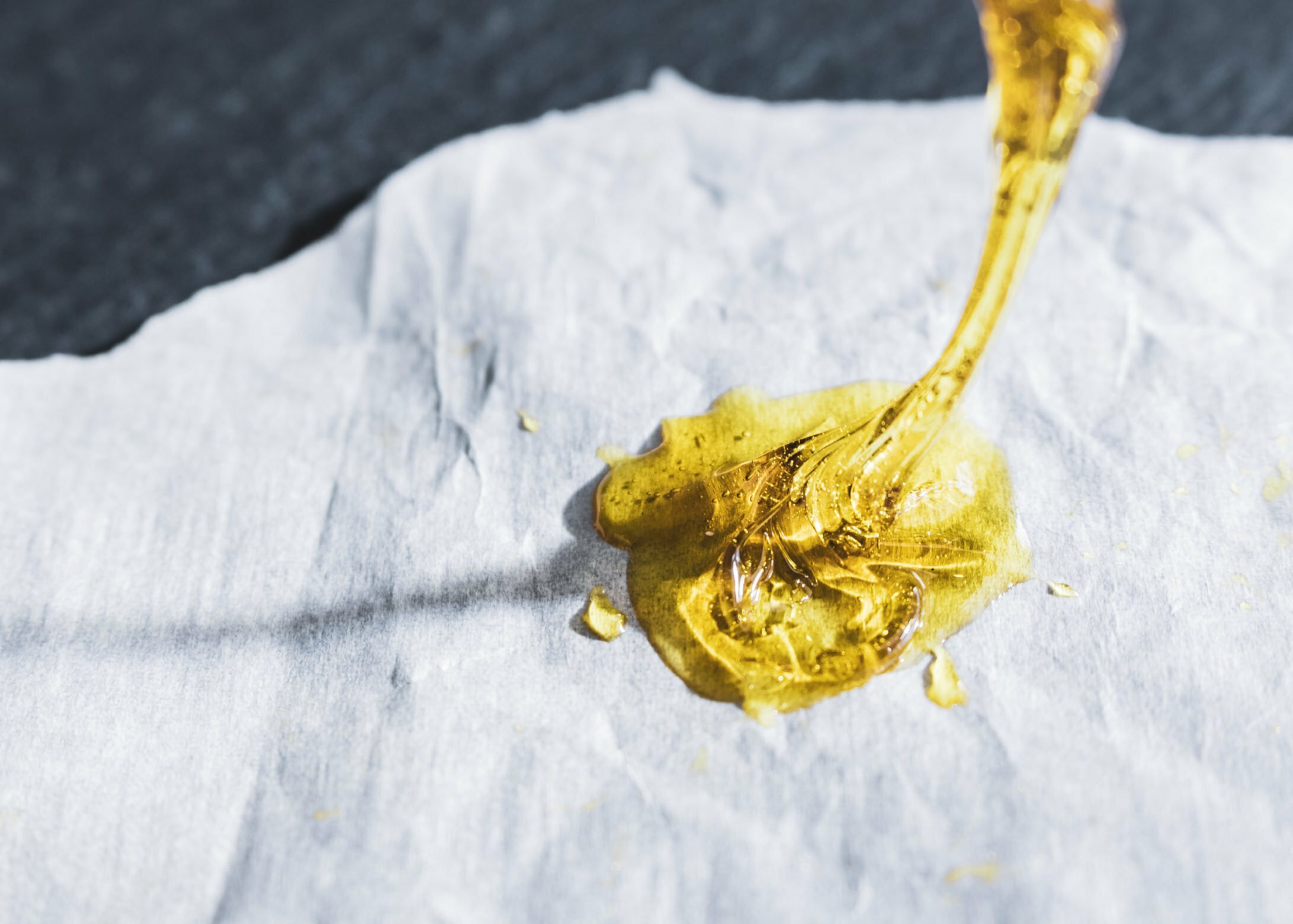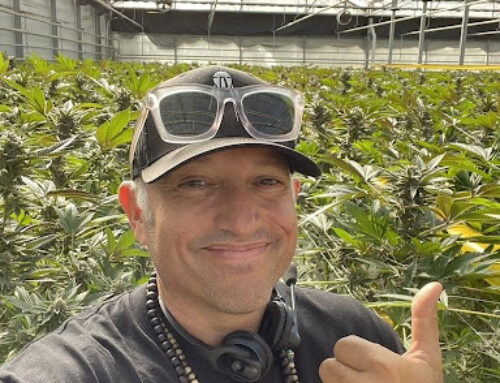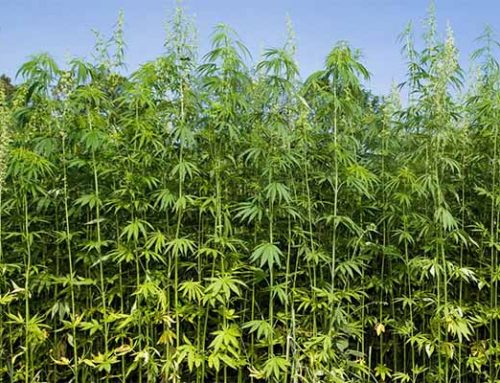What is THC Distillate?
What is THC Distillate?
The world of edible cannabis has changed dramatically since the swinging 1960s when pot brownies first hit the scene. Long gone are the days when some ground-up stems and shake were tossed into some batter – this is the 21st century. The majority of cannabis-infused foods on the regulated market today contain THC distillate, which is essentially a super-concentrated form of the active ingredient in marijuana. With no real flavor or aroma, distillate is a fantastic option for edibles as they allow the food to taste like what it should taste like – no overpowering weed aftertaste required.
But where does THC distillate come from? And why has it become so popular? Read on for our complete rundown.
Cannabis Distillation – a Brief Breakdown
There are many ways to create cannabis concentrates, with more processes being introduced seemingly all the time. The journey to THC distillate begins with an extraction process wherein the active ingredients are separated from the plant material, typically via a carbon dioxide or hydrocarbon solvent-based method. High amounts of heat and pressure turn gas into supercritical liquid which is able to act as a solvent. This solvent is then forced through an extraction vessel packed with ground cannabis bud, resulting in a viscous oil.
Once this is done, the oil is then put through a process called winterization wherein any other undesirable ingredients are removed. Winterization utilizes ethanol to separate cannabinoids and terpenes from byproducts resulting from the previous extraction processes. Finally, raw THC actually begins as THC-A, which is not psychoactive and requires decarboxylation (aka another heating process) in order to create the desired “high” associated with cannabis consumption. After all of these steps are complete, the resulting product is a distillate typically containing over 90% pure THC (a normal cannabis bud on the market today contains around 18%).
THC Distillate + Edibles = a Perfect Pairing
While canna-butter may have powered the majority of edibles in the past, THC distillate is the new standard for a variety of reasons. The first major benefit to using distillate, as we mentioned above, is the lack of the familiar dank flavor bud tends to offer. Brands are bringing in award-winning chefs and confectioneries to craft delicious recipes fit for a Michelin star-rated restaurant; there’s no point in sullying up those gourmet snacks or beverages with a certain overpowering cannabis aroma.
Another advantage of using THC distillate in edibles is consistent dosage, especially for people making their own infused foods at home. Unfortunately, even the most experienced home cooks cannot guarantee the trim butter they whipped up will be 100 percent consistent. Additionally, distillate tends to offer more bang for your buck as it typically is the strongest of all concentrated cannabis products on the market. This has led to manufacturers jumping on the bandwagon quick as it leads to higher profits – and higher customers.
Distillate vs. Full Spectrum
One debate that has cannabis consumers buzzing is that of full-spectrum concentrates versus isolates and distillates. Full-spectrum products (such as budders and live rosins) contain all of the cannabinoids, terpenes, and other active ingredients found in cannabis. Distillates and isolates only contain specific compounds, such as THC or CBD. Proponents of full-spectrum marijuana products argue that the entourage effect, or the idea that all parts of the plant working together in perfect harmony make for the best effects, are critical to achieving their desired outcomes.
On the flip side, distillate is often desirable for those wishing to harness the unique power of the cannabinoid itself. This is especially true for people using CBD isolates who may not want any THC or terpenes in their products. A good analogy for the difference between distillate and full-spectrum oils would be the comparison between high-grade alcohol versus a fine wine; one offers a one-two punch while the other is rich in a variety of complex flavors meant to be sipped.
Final Thought
Perfect for artisan culinary professionals aiming to be the Next Top Cannabis Chef or DIY home cooks who want a precisely dosed treat, THC distillate is becoming a popular option for edibles makers due to its lack of discerning flavor and cheap manufacturing process. Despite lacking a full spectrum of cannabis ingredients, distillate harnesses the unique power of cannabinoids in ways other extraction processes do not. Terpenes and other active ingredients can always be added to the mix after the fact, meaning the perfect infused product for every unique need is possible.



































